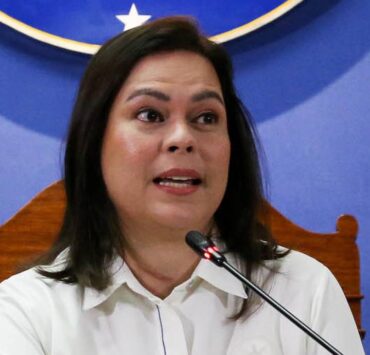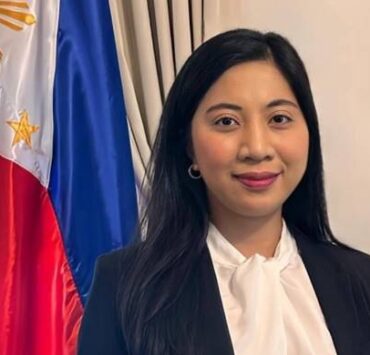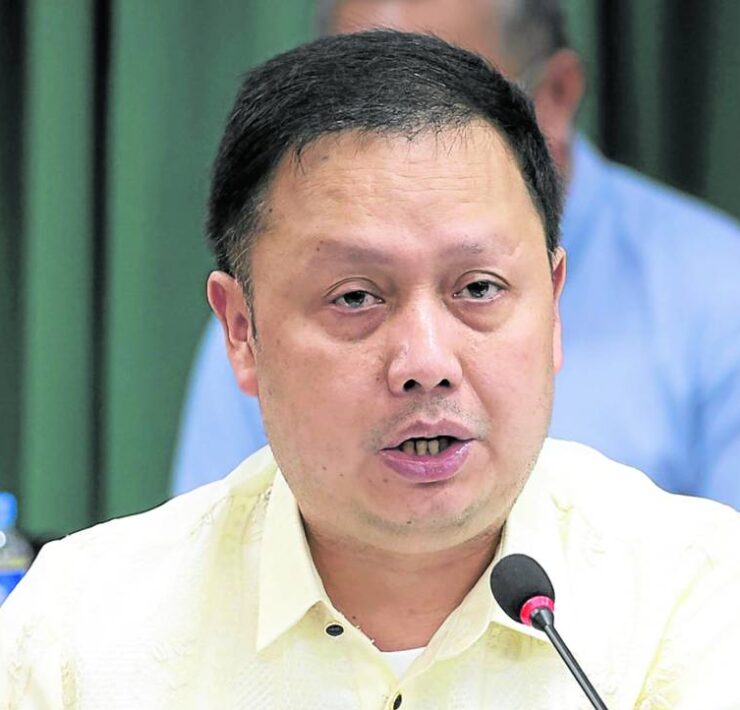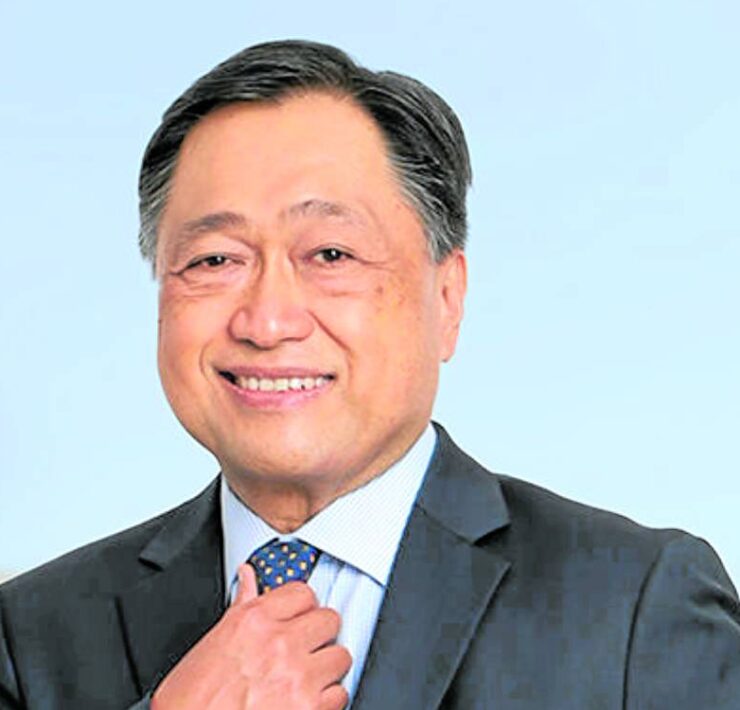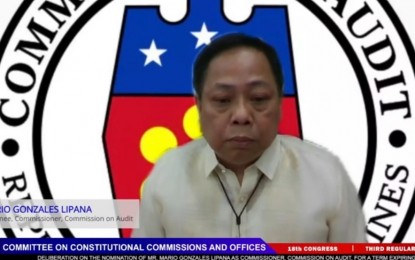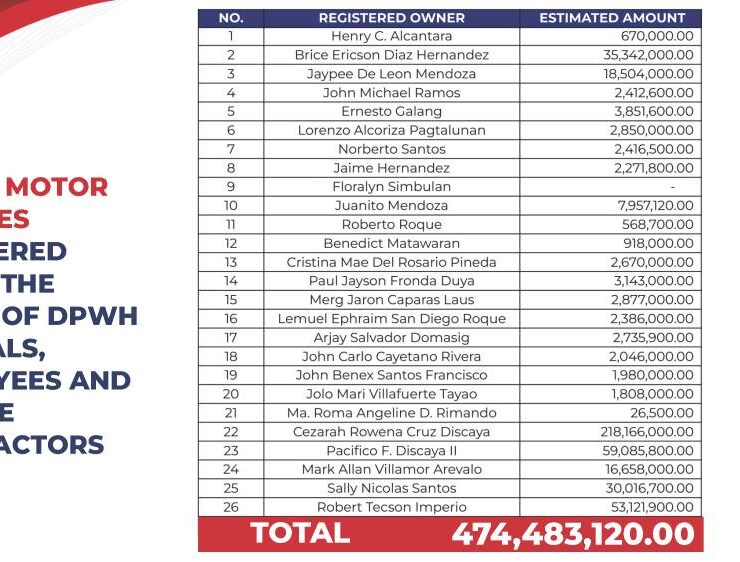Law prof: Independent commission can stand constitutional scrutiny
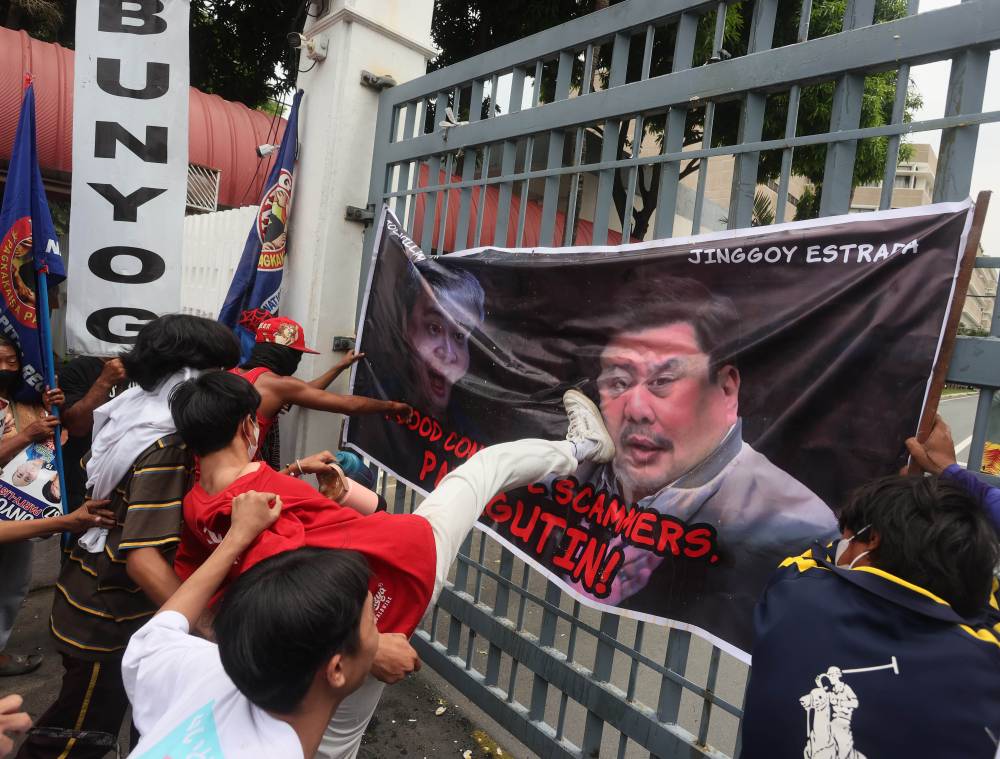
President Marcos’s executive order (EO) establishing an independent commission to investigate anomalous infrastructure projects can survive a legal challenge after it removed the risk of singling out a specific administration.
This was in contrast to former President Benigno Aquino III’s ill-fated EO No. 1, which sought to establish a truth commission to investigate corruption under the Gloria Macapagal-Arroyo administration, said University of the Philippines (UP) assistant law professor Paolo Tamase.
Tamase, who teaches constitutional law, noted that the 2010 ruling that struck down EO 1 as unconstitutional found that it violated the equal protection clause when it focused its investigation on anomalies on just one administration.
3 administrations
On the other hand, EO 94, which created the Independent Commission on Infrastructure (ICI), “doesn’t single out a particular administration for investigation,” he said.
Instead, the EO signed by Mr. Marcos on Thursday would focus on all infrastructure projects starting from 2015 up to the present.
“Scholars and academics find that the Supreme Court got that case wrong, but EO 94 does not take that risk and simply tries to comply by instead ‘prioritizing’ the flood control and infrastructure projects from the last 10 years, which covers three administrations,” Tamase added.
That period covers the latter part of the Aquino years, the Duterte administration and the current president’s term.
The lawyer added that if the ICI does its job well, it could “gather and preserve evidence against the public officers, contractors, and other conspirators involved in the flood control and other infrastructure anomalies.”
“That is critical to a successful prosecution since many corruption cases before the Sandiganbayan ultimately get dismissed because of evidentiary issues or speedy trial objections, often related to how difficult it is to secure testimony and documentary evidence when the case is already pending,” he added.
Of course, the ICI was established within the limits of executive power, quite unlike a law-established commission as was proposed by the liberal progressive bloc in the House of Representatives.
‘Enough teeth’
Nevertheless, it has “enough teeth especially since the critical task now is to gather and preserve evidence of the corruption,” Tamase said.
He said that the congressional inquiries by the House and the Senate should still continue alongside the ICI’s.
“From a constitutional accountability standpoint, Congress plays an important role in informing the public, via public hearings, of the issues surrounding the graft in infrastructure projects,” Tamase said.
“Stopping the congressional hearings may result in public disengagement. When institutions of accountability are failing as seen in the impeachment, we need the people to be more, not less, involved,” he added.














